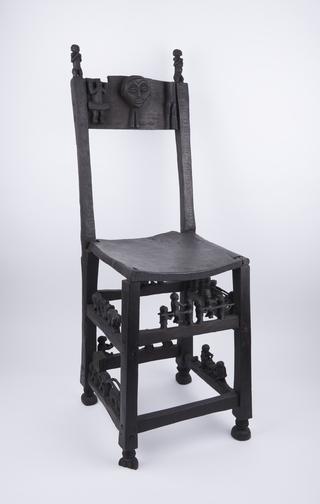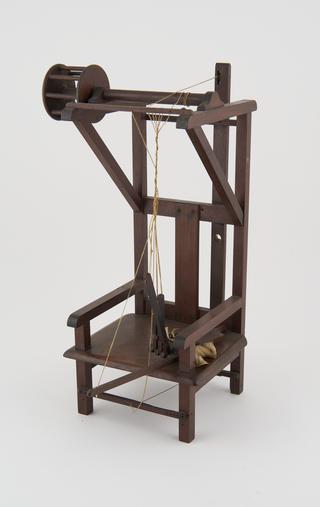
Chair from the Congo, 1851-1920
1851-1920

1851-1920

1801-1840

1801-1830
1651-1800
1600-1750
circa 1950-2005
1901-1918
1800-1900
1770-1850
1902
1840-1900
1701-1850
1850-1900
1600-1800
1901-1918
1901-1918
1800-1900
1751-1900
1700-1850
1832
1751-1850